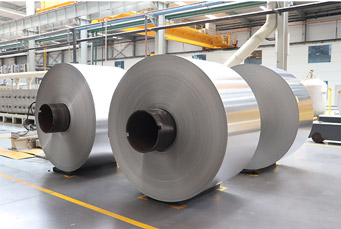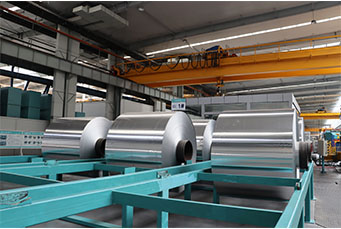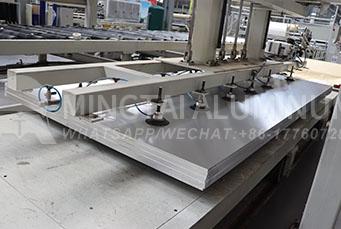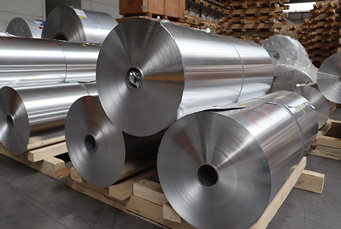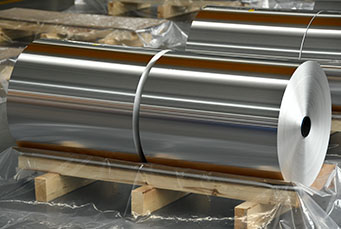What are the commonly used aluminum alloys for blinds
As a common decorative element of modern building facades, blinds not only need to have basic functions such as sunshade and ventilation, but also need to take into account durability and decorativeness. Among the many types of blinds materials, aluminum alloy has become the mainstream choice due to its excellent comprehensive performance. After anodizing or electrostatic spraying, its surface can present a variety of textures such as wood grain and metallic matte, which is suitable for modern minimalist style and can also be integrated into traditional architectural aesthetics. Compared with traditional wooden or PVC blinds, aluminum alloy materials have stronger corrosion resistance and deformation resistance, especially suitable for coastal high humidity areas or northern cities with large temperature differences.
[Detailed explanation of specifications and parameters of aluminum alloy blinds]
The blade thickness of mainstream aluminum alloy blinds is usually between 0.8-1.2mm, and the blade width can be selected in specifications such as 50mm, 75mm, and 100mm. The cross-sectional thickness of the window frame profile is generally 1.2-2.0mm, and can be modularly combined according to the size of the window. In terms of surface treatment technology, when the thickness of the fluorocarbon spray coating is ≥40μm, it can be guaranteed not to fade for more than 10 years, and the powder spray coating has stronger weather resistance. Special specifications such as windproof blinds, the blades adopt S-shaped curved surface design, combined with reinforced aluminum-magnesium alloy (such as 6063-T6), can withstand 12-level typhoon wind. For super high-rise buildings, it is recommended to use a thermal insulation aluminum alloy structure with a wall thickness of ≥1.5mm, taking into account both heat insulation and safety.
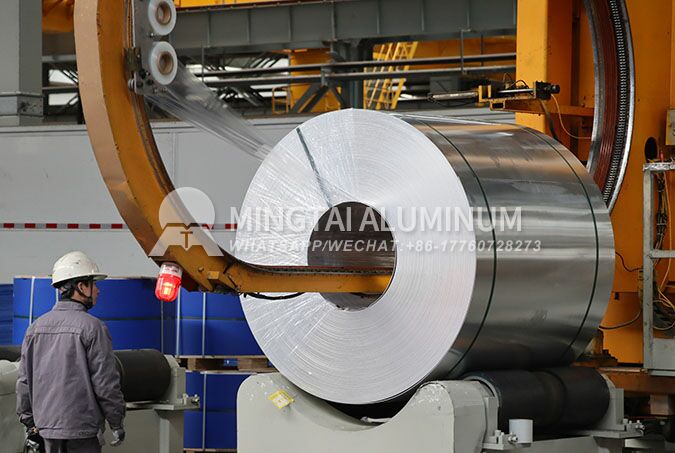
【Three advantages of Mingtai Aluminum’s aluminum materials for blinds】
As a leading company in the domestic aluminum processing industry, Mingtai Aluminum’s 5xxx series aluminum alloys (such as 5052-H32) developed specifically for blinds have three core advantages:
Customized alloy formula: Add 0.8%-1.2% magnesium to increase bending strength by 25%, and the maximum load-bearing capacity of the blades can reach 20kg;
Precision processing technology: Using an extrusion production line imported from Germany, the dimensional accuracy is controlled within ±0.05mm to ensure the smooth opening and closing of the blades;
Environmentally friendly surface treatment: The exclusively developed ceramic nano-coating reduces volatile organic compound (VOC) emissions by 30% compared to traditional processes and complies with RoHS EU environmental standards.
The blinds system has passed 200,000 cycle durability tests, and the surface hardness is more than 12 degrees Webster, far exceeding the industry standard.
Common aluminum alloys for blinds are 3104, 3005, 3004, 3105, 5052, 5182, etc. As a large-scale high-quality manufacturer of aluminum alloy materials for blinds, Mingtai Aluminum produces and supplies 3104, 3005, 3004, 3105, 5052, 5182 and other aluminum plates, aluminum alloy materials, with a thickness of 0.12-0.18mm, and large-width rolls are delivered in h19 state. At present, Mingtai has established long-term and stable cooperative relations with many domestic window decoration material companies. Choosing Mingtai means choosing high quality and peace of mind. Mingtai products are of high quality and low price, and can meet your various customization needs


